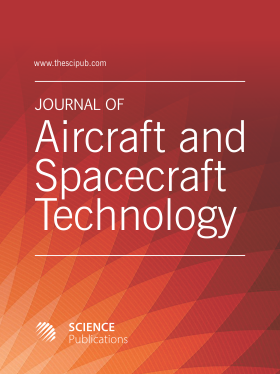Sustainable Energy for Aerospace Vessels
- 1 Bucharest Polytechnic University, Romania
- 2 Second University of Naples, Italy
- 3 American University of Ras Al Khaimah, United Arab Emirates
Abstract
The advances in solar technology and electric propulsion now offer the promise of new, very capable space transport systems that will allow us to effectively explore the solar system. NASA has developed many concepts of space-powered spacecraft with power levels ranging from tens to hundreds of kilowatts for robotic and asteroid-driven missions and Mars. This paper describes two electrical/chemical propulsion concepts developed over the last 5 years and discusses how they could be used to humanize the solar system. A possible sustainable solution for the supply of spacecraft power would be to achieve and utilization nuclear fusion energy. The paper briefly presents some contributions to obtaining nuclear fusion energy as a viable alternative to current energies. For the energy of spacecraft of the future, the combination of photovoltaic energy (obtained from the stars) and that produced by a nuclear reactor on fusion is essential. NASA is developing a strategy to send a crew to Mars by 2030. To achieve this goal, NASA plans to develop the technology for long-haul flights including advanced transportation work and living systems. Among these technologies, Solar Electric Propulsion (PES) has been identified as very effective in moving large masses through interplanetary space. For decades it has been known that missions outside the low Earth's orbit can be made cost-effective by PSA, but yet such space missions have not yet been done because the manufacturing technology is not advanced enough. NASA's recent investments in solar power systems and propulsion systems have now matured so that the 50 kW PSA is already ready to be put on flight missions. It has been demonstrated analytically that these technologies can be resized to systems with the power of several hundred kilowatts.
DOI: https://doi.org/10.3844/jastsp.2017.234.240

- 4,376 Views
- 2,196 Downloads
- 25 Citations
Download
Keywords
- Electric Propulsion
- Solar Technology
- Nuclear Fusion Energy
- Environmental Protection
- Renewable Energy
